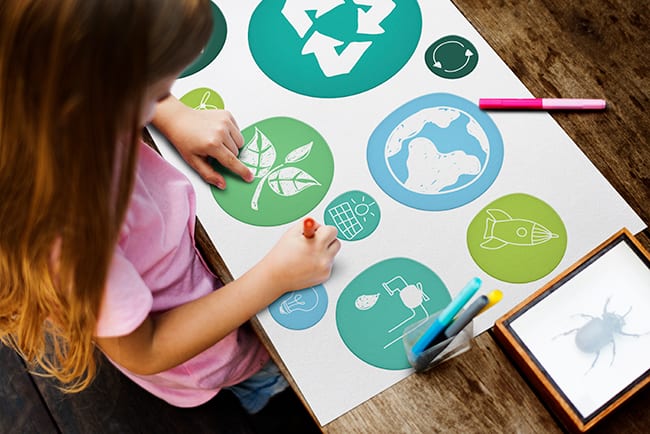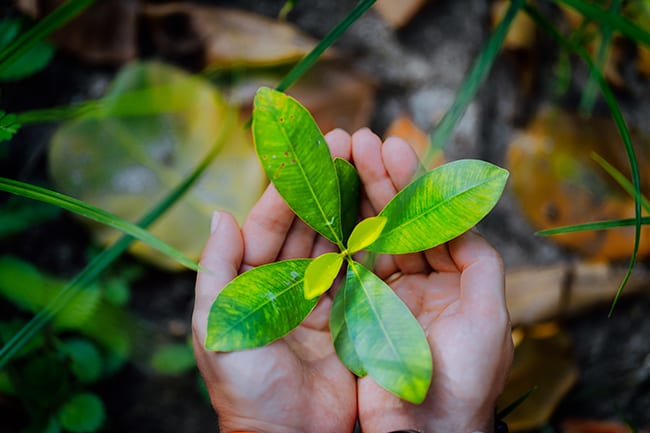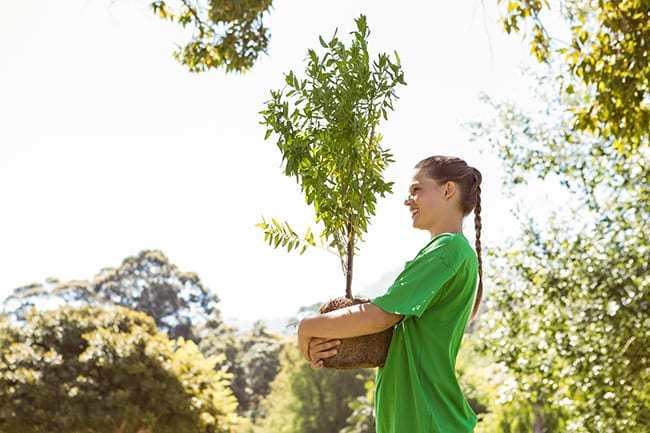Sustainability is a word that is thrown around in a number of different contexts. We are told that it’s important and that it’s something we should all be doing, but what does it mean, exactly, to be sustainable?
Earth’s Resources
From the perspective of any one individual organism, including humans, our planet might seem like it has an endless supply of whatever is needed to thrive. It is easy to see why this assumption is the case when you look at it from an individual standpoint. The number of people on this planet isn’t just one, or even one billion, however. To understand sustainability, we have to examine our impact on Earth’s resources.
A Shared Planet
The current population is estimated at 7.8 billion and growing. It took approximately 300,000 years for the human population to reach 1 billion, and only another 130 years to reach the second billion. Fortunately, the growth rate is declining, but the number of births still outpaces the number of deaths.
While we tend to think of the world’s resources in terms of what’s good for people, we are not alone on Earth. It is virtually impossible to conduct a count of all organisms that share this planet, but were we to do so, the number would be mind-boggling. Even estimates of the number of species that exist go as high as 1 trillion. No matter how you look at it, a lot of life depends on the resources Earth provides.
The Human Impact
Though humans make up a small fraction of the total number of individual organisms on Earth, we have used more of this planet’s resources than any other species, at least since the dawn of the Industrial Revolution. This isn’t just bad for other species; it isn’t good for us either. Our future depends on the sustainability of our use of resources.
Sustainability Practices
There is no singular definition of sustainability. That being said, the term is most often used to describe practices that maintain social and ecological resilience and adaptive capacity such that the quality of life for current and future generation is not diminished. There are three pillars of sustainability: environment, society and economy.
To be sustainable means engaging in practices that preserve the health of each of the three pillars for the well-being of people now and into the future. Individuals, families and businesses can take steps both large and small that improve the sustainability of Earth’s resources. Some examples include:
- Walking or riding a bike instead of driving
- Growing a diversity of crops on a single farm to be sold locally or regionally
- Utilizing renewable energy sources to power homes and businesses
- Re-using greywater for lawn care
- Drinking water from the tap instead of bottled water
- Purchasing only as much food as you can consume before the food spoils
- Going paperless at home and in the office
- Repurposing items instead of throwing them away
Sustainability is as much a perspective as it is a set of practices or processes. It involves consideration for life on this planet that goes beyond our individual selves, families or communities, at scales of time greater than the span of one human life. At the same time, the efforts of one individual or one family or one business matter, as it is with the accumulation of singular actions that movements grow.
Your opinion matters to us. Feel free to drop your thoughts on what sustainable means to you in the box below.



